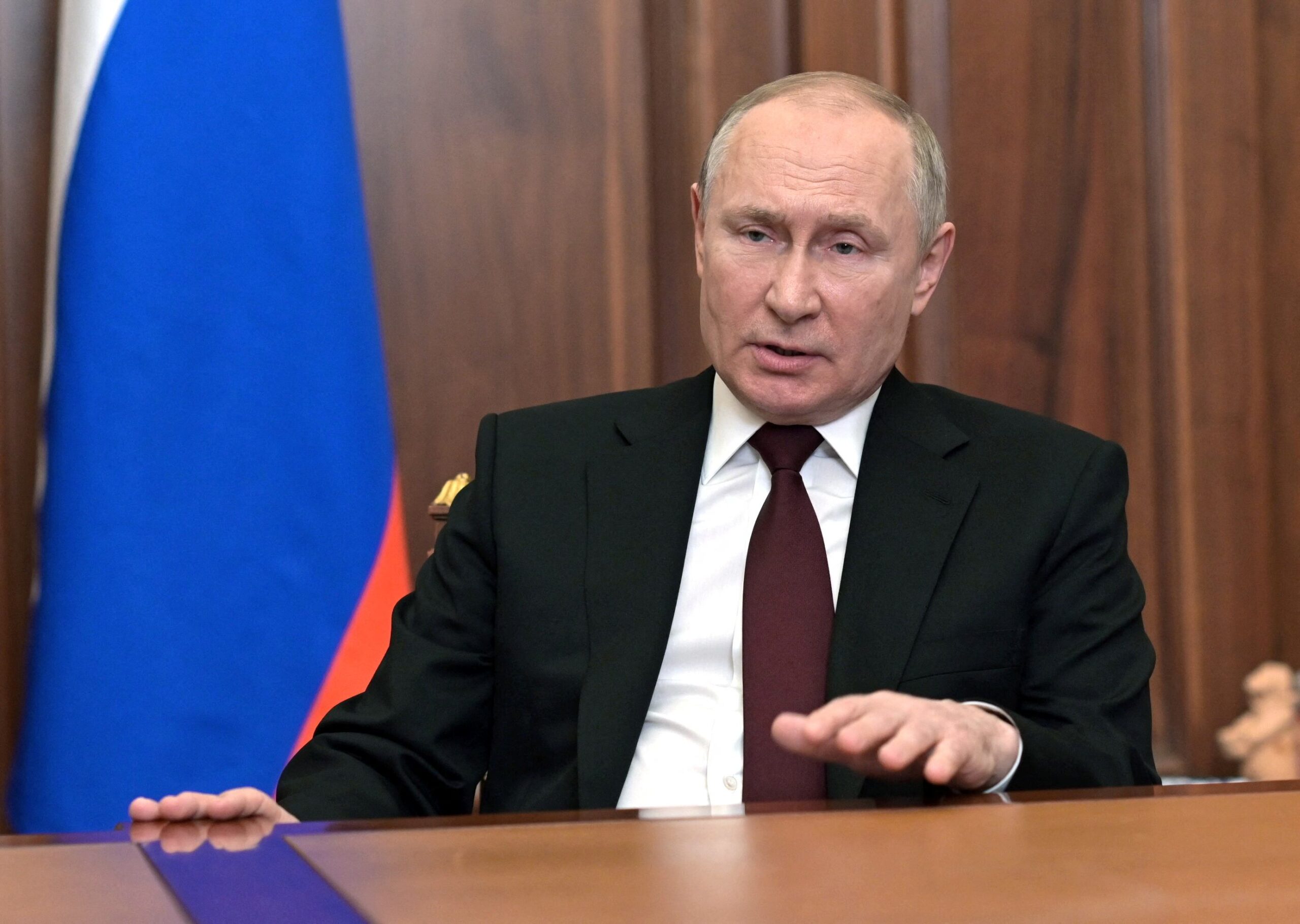The French and Spanish economies displayed unexpected resilience in the second quarter but stagnation in powerhouse Germany pointed to renewed weakness ahead for the euro zone, as manufacturing ails and services slow.
France and Spain grew at a sustained pace on the back of stronger exports and tourism while Germany, the euro zone’s biggest country, remained the worst-performing major economy in the bloc.
German gross domestic product stagnated in the second quarter after the economy fell into a mild recession in winter. It was mainly household consumption which helped avoid a longer recession.
Although there were some positive trends, German Economy Minister Robert Habeck said the figures were « anything but satisfactory. »
Weak purchasing power, thinned-out industrial order books, the impact of the most aggressive monetary policy tightening in decades, and the expected slowdown of the U.S. economy, all argue in favour of weak economic activity, said Carsten Brzeski, global head of macro at ING.
« We continue to see the German economy being stuck in the twilight zone between stagnation and recession, » Brzeski said.
Data from France and Spain, the bloc’s second and forth largest economies, was more optimistic. France’s gross domestic product expanded in the second quarter a faster-than-expected 0.5%, while the Spanish economy grew 0.4%.
French growth was driven by exports, boosted largely by the delivery of a cruise liner. In Spain, external demand, which includes foreign tourism, a pillar of the country’s activity, led the growth.
« We see that for the first time, French growth is driven by exports, by corporate investment much more than by household consumption, » Finance Minister Bruno Le Maire told RTL radio. « This shows once more that our production engine is running well and efficiently. »
/cloudfront-us-east-2.images.arcpublishing.com/reuters/6TEEK5DKZJKBZIXYGRT6LEI5MA.jpg)
Despite Germany’s stagnation, the data from Spain and France should help euro zone growth pick up from the 0% recorded in the first three months of the year. Economists polled by Reuters forecast second quarter growth of 0.4% when bloc-wide figures are released on Monday.
In Germany, revised figures from the statistics office showed its winter recession was slight shallower than first reported. It saw a 0.1% GDP decline in the first quarter from a prior estimate of a 0.3% drop and a 0.4% contraction in the last quarter of 2022, revised from a 0.5% decline.
Stagnating
Looking further ahead, there is an uncertain outlook for the euro zone which is giving the European Central Bank pause for thought in its rate-hiking campaign to fight record inflation.
Big firms in the bloc are recording stagnating activity levels and see no improvement in the current quarter with risks tilted towards even more negative outcomes, the ECB said on Friday based on a survey of large firms.
The survey adds to an already gloomy picture with a raft of indicators from PMI readings to GDP and lending data all suggesting that the bloc was performing at the weaker end of expectations with recession risks on the rise.
« Contacts continued to describe a situation consistent with broadly stagnating activity overall, » the ECB said based on a survey of 73 firms. « Current trends in activity were likely to persist in the third quarter, with the balance of risks a few quarters ahead tilted mildly to the downside. »
The ECB raised rates for the ninth successive time on Thursday but left the door open to a pause in September, even though core inflation seems to be stickier than previously thought.
« We continue to think that monetary tightening will take an increasing toll on activity in the second half of this year, » said Franziska Palmas, senior Europe economist at Capital Economics.
Source: Reuters




































